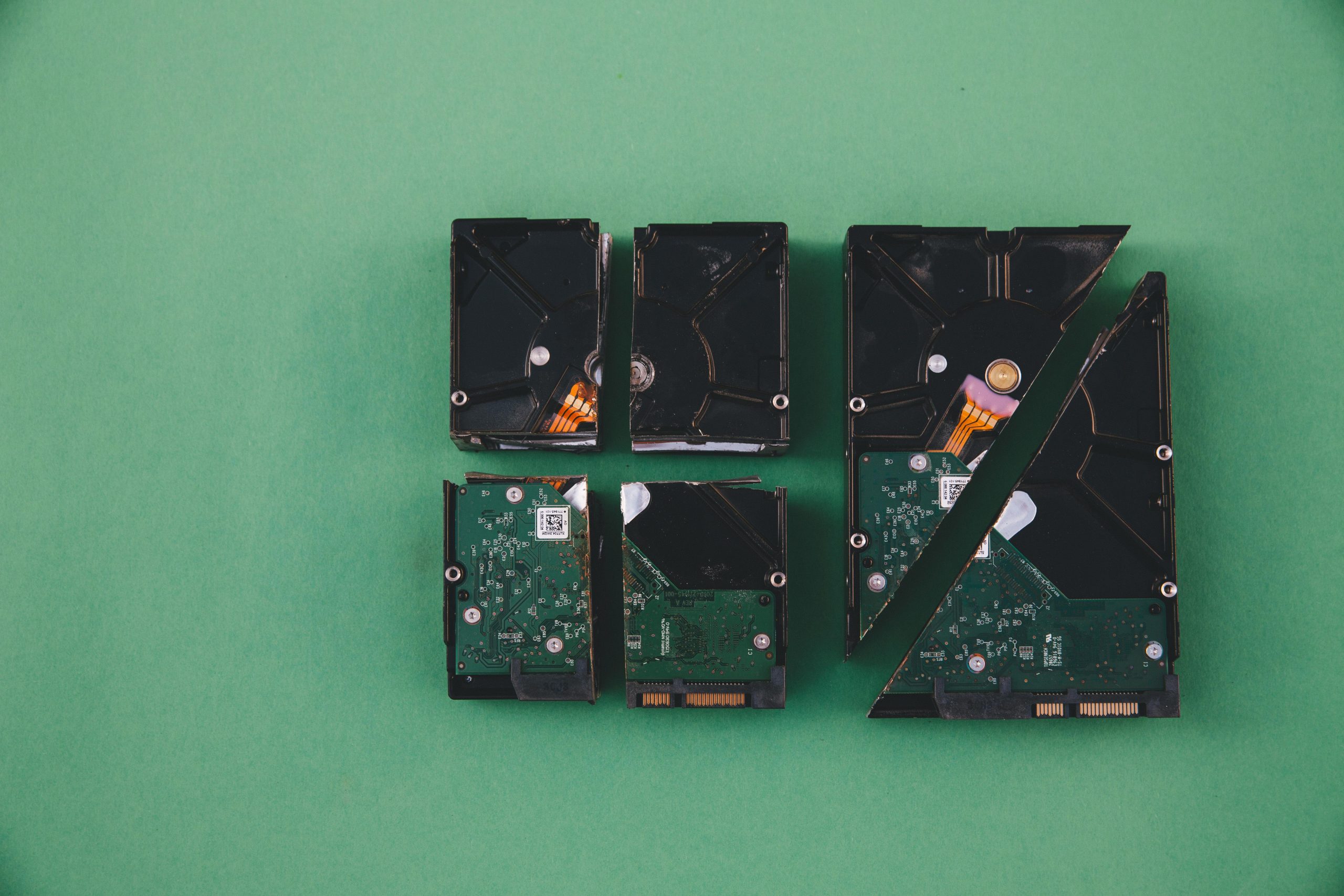Choosing the Right External Drive for High-Quality Streaming and Torrenting: HDD vs. SSD
In today’s digital entertainment landscape, many users rely heavily on external storage solutions to manage large media libraries, especially when downloading and streaming high-quality movies and TV shows. If you’re contemplating whether to invest in a hard disk drive (HDD) or a solid-state drive (SSD) for this purpose, understanding the nuances of each can help inform your decision.
The Scenario: Handling Large Media Files through External Storage
Consider a user who frequently torrents high-definition content directly to an external drive. Initially, a 4TB portable HDD was employed, connected via USB 3.0, to streamline media management. While this setup seemed effective at first, several issues emerged over time, including choppy playback, VLC crashes, and sluggish file navigation in a Linux environment. These problems prompted a reevaluation of external storage choices.
Analyzing the Underlying Causes
Potential Limitations of HDDs for High-Quality Media Streaming
HDDs are mechanical devices characterized by spinning disks and moving read/write heads. While they offer large storage capacities at a relatively low cost, they can encounter performance limitations when handling high bit-rate media files or concurrent tasks like torrenting and playback. Common issues include:
- Slower Data Transfer Rates: Mechanical delays might cause buffering or stuttering during playback of large files.
- Fragmentation: Over time, files can become fragmented, impacting access speed.
- Vibration and Noise: Physical movement can lead to intermittent performance dips.
Advantages of SSDs in this Context
SSD technology uses flash memory, offering several benefits pertinent to media storage and streaming:
- Superior Read/Write Speeds: Faster data access reduces buffering and improves playback smoothness.
- Higher Reliability: Fewer mechanical parts mean less susceptibility to wear and mechanical failure.
- Consistent Performance: Less fragmentation and more stable transfer speeds, particularly beneficial when multitasking.
Practical Considerations and Recommendations
While HDDs remain a cost-effective solution for bulk storage, users with high-performance requirements—such as streaming large, high-bitrate videos while torrenting—may find SSDs to be a worthwhile investment. Notably, some factors to consider include:
- Budget Constraints: SSDs, especially larger capacities, tend to be more expensive than HDDs.
-
Usage Patterns: If constant high-resolution streaming and torrenting are routine, the performance gains from an SSD can justify the higher cost.
Share this content:

